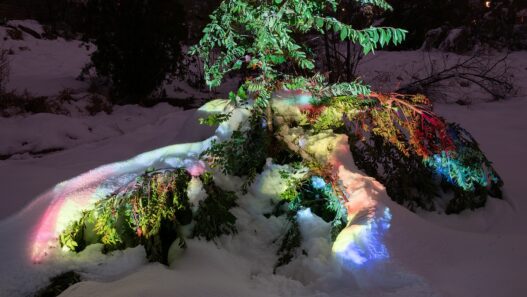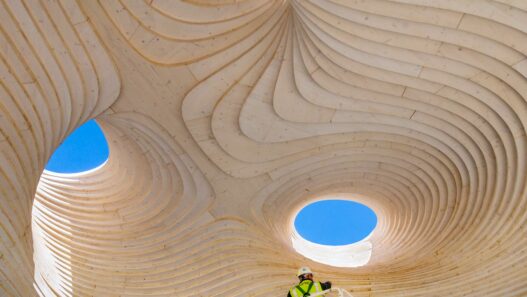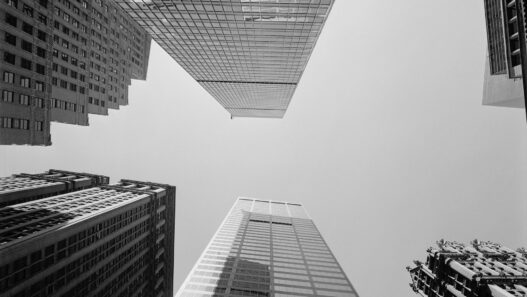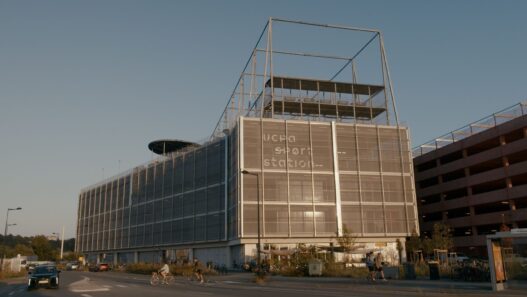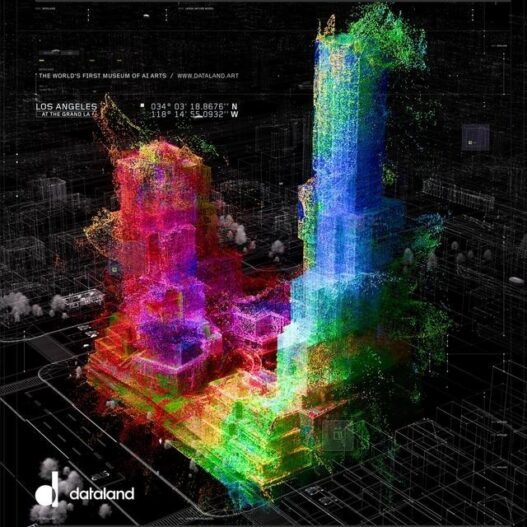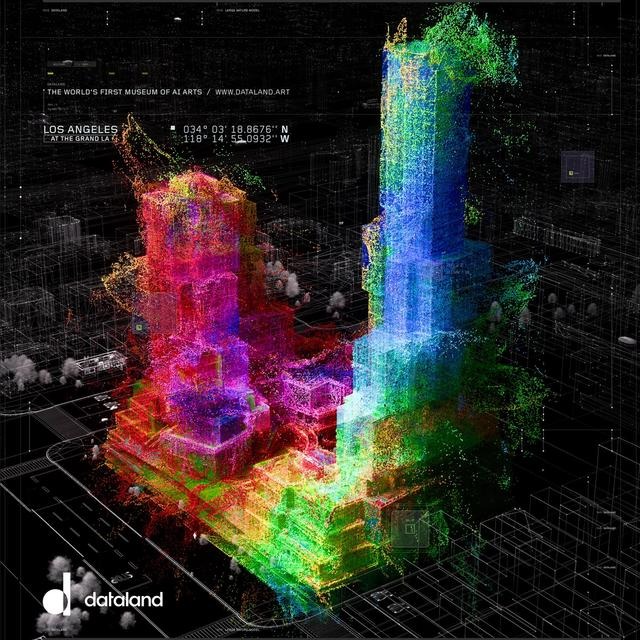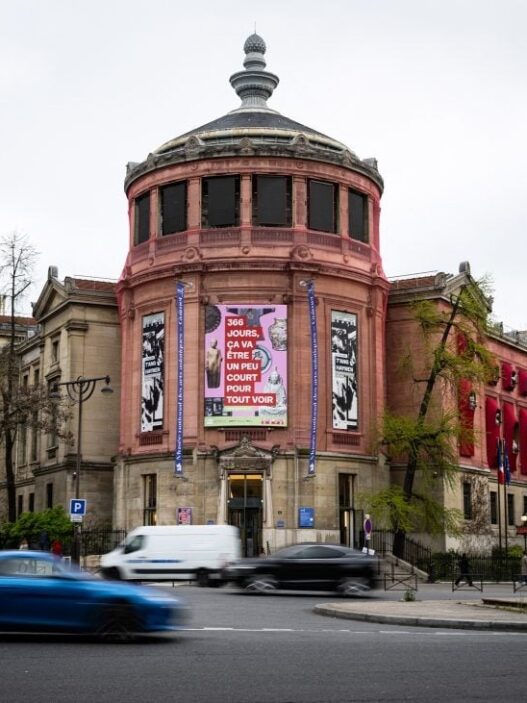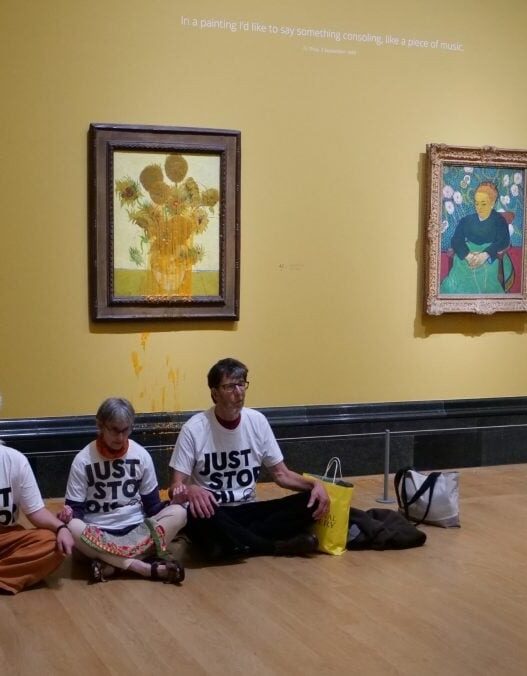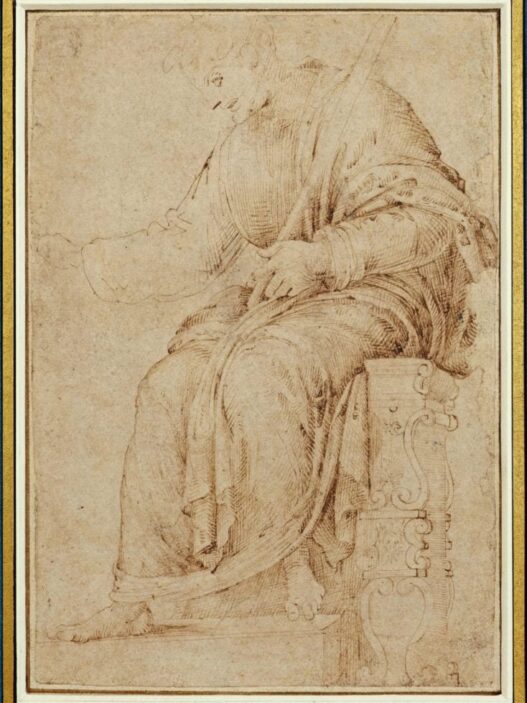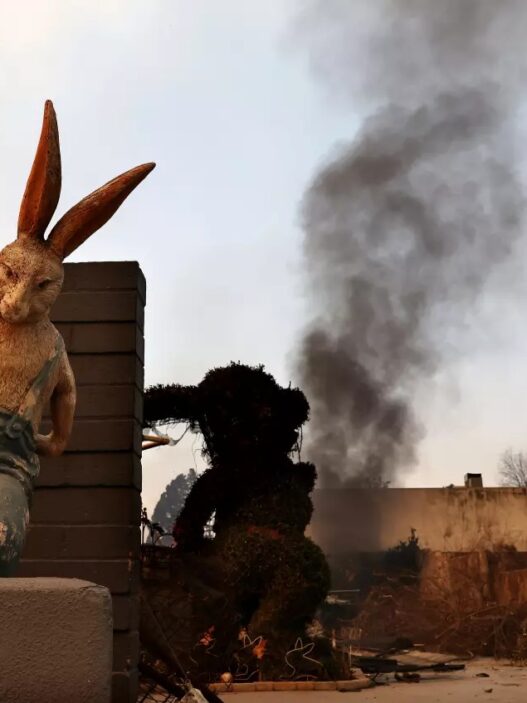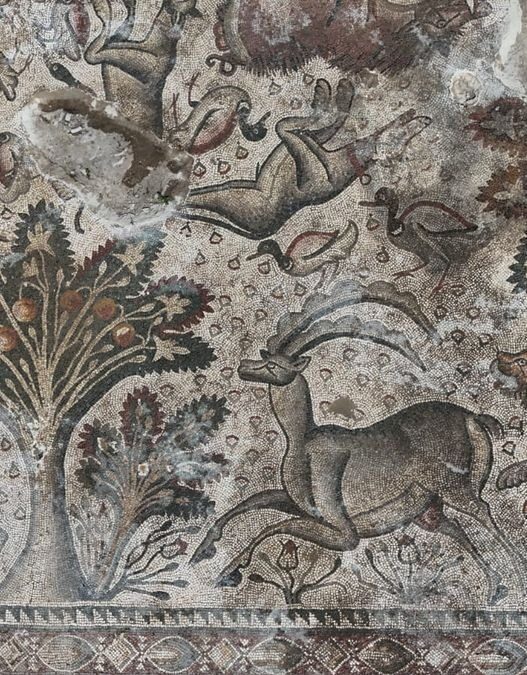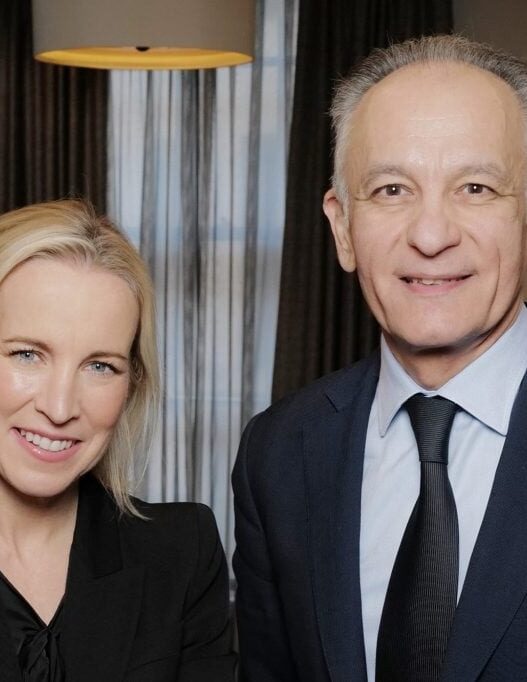In 2025, Los Angeles will become home to the world’s first artificial intelligence (AI) art museum, Dataland, helmed by Refik Anadol Studio. Nestled in the Frank Gehry-designed Grand LA complex, Dataland will position itself among Los Angeles’ prestigious art institutions like MOCA and The Broad. The museum, conceived by AI trailblazer Refik Anadol and his studio co-founder Efsun Erkiliç, will focus on blending art, science, and technology.
Dataland will display AI art using advanced machine learning and visualization technologies, showcasing AI as an essential medium for contemporary creation. With nearly a decade of AI-based work under their belts, the husband-and-wife team of Anadol and Erkiliç aims to redefine the museum experience. According to Anadol, the museum will “fuse human imagination with machine intelligence” and utilize nature data to create large-scale immersive experiences.
Dataland is expected to house a combination of Anadol’s past works and new exhibitions rooted in AI models, offering public access to vast nature-based data sets. The museum will provide a physical space to explore groundbreaking AI art while offering a digital repository for learning.
Anadol’s success spans beyond exhibitions, having presented AI-driven work across venues like the Serpentine in London and The Sphere in Las Vegas. With Dataland, Anadol aims to push the boundaries of what a museum can be, focusing on innovative, interactive, and sustainable art practices.
In collaboration with architectural firms Gensler and Arup, Dataland promises to be a space for diverse creative minds to explore the potential of AI in art. In April 2025, Refik Anadol Studio will also debut a multisensory work in Gehry’s Guggenheim Bilbao, continuing their exploration of immersive AI experiences.
The museum will stand as a testament to LA’s role in shaping the future of art and technology while fostering international collaboration and cultural exchange. Visitors can expect an art museum like no other—where AI breathes new life into creativity and redefines how we experience art.


